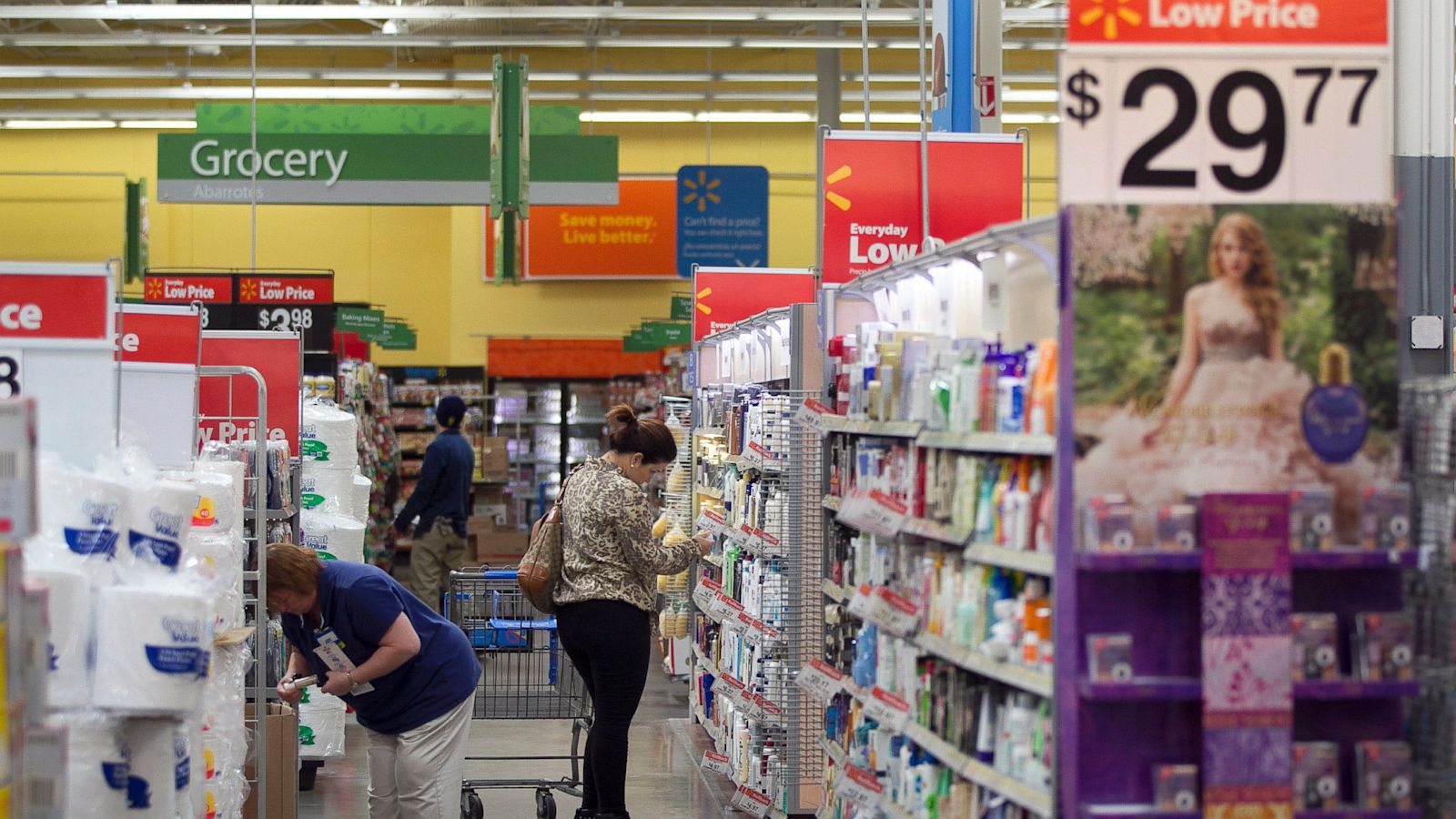Press Releases
Watchdog: SF Fed Opinion Piece Downplaying Corporate Role In Inflation Ignores Record Corporate Profits Amid Price Hikes

WASHINGTON, DC — Industry lobbyists are excitedly promoting an opinion piece today from members of the Federal Reserve Bank of San Francisco that attempts to deflect blame from corporations for inflation. However, the analysis fails to address a fundamental question: Did corporations really need to raise prices so high when after-tax corporate profits reached an all-time high of $2.8 trillion? After dealing with unnecessary price hikes everywhere from the grocery store to the pharmacy, most Americans have reached their own conclusion: corporate greed is very much to blame.
As government watchdog Accountable.US has documented for over two years, major companies representing the pharmaceutical, housing and food industries have continued to artificially inflate prices despite boasting major gains in earnings and profits and billions of dollars in new giveaways to wealthy investors like stock buybacks and dividends.
There’s a reason most Americans blame corporate greed for high prices, and it’s because they know price-gouging when they see it. It simply doesn’t add up when corporations enjoying record profits, enriching investors and giving their CEOs huge bonuses claim creeping price hikes were out of their control. They could have passed some success onto consumers in the form of stable and reasonable prices, but many chose to profiteer again and again.”
Accountable.US President Caroline Ciccone
BIG FOOD
- General Mills: After a series of price hikes last year, food giant General Mills posted $670.1 million in Q3 FY 2024 earnings, up from $553.1 million in the same period last year. General Mills—which was highlighted in a 2023 Accountable.US report showing staggering price hikes and sky-high profits in the food-at-home industry—accounts for nearly 28 percent of breakfast cereal sales.
- Walmart: Walmart reported $16.3 billion in FY 2024 earnings, up 44% from FY 2023 earnings, a total that comes after the company dramatically raised prices on its Great Value food brand in recent years.
- Kroger: Reported $736 million in Q4 2023 profits with annual profits of over $2.1 billion. As of 2022, 60% of grocery sales are concentrated among five food corporations, opening the door for anti-competitive industry practices and continuing greedflation.
- McDonald’s: CEO Chris Kempczinski touted the company’s “30% growth over the last 4 years” after price increases helped the chain to increase its net income by 7% YoY to $1.9 billion while it rewarded shareholders with $2.1 billion through a combination of stock buybacks and cash dividends.
- Domino’s Pizza: The company saw its net income increase more than 20% year over year in Q1 2024, and celebrated by spending $368 million on dividends and buybacks. Though Domino’s increased its spending on dividends by $254 million from Q1 2023, CFO Sandeep Reddy attempted to shift the blame by attributing the company’s “high-single digits” price hikes to a minimum wage increase in California.
- Yum! Brands: The operator of fast food chains KFC, Pizza Hut, and Taco Bell, spent $189 million on shareholder dividends in Q1 2024. This came after Taco Bell, one of its most successful franchises, increased its prices by 81% over the last decade, while national inflation pushed prices up by only 31% over the same period.
- Coca-Cola spent more than $800 million on dividends and buybacks in Q1 2024, while its prices increased by 13% since Q1 2023.
BIG PHARMA:
- Bristol Myers Squibb: Reported $11.87 billion in Q1 2024 revenue—a total that comes as the company faces sharp criticism for charging U.S. patients a whopping $7,100 for its blood thinner, Eliquis, one of the first 10 drugs impacted by the Biden administration’s historic Medicare negotiation program. Bristol Myers Squibb revenue was boosted by Eliquis’ high sales growth. As of 2022, 3.5 million Medicare Part D beneficiaries have prescriptions for Eliquis, with BMS and co-owner Pfizer bringing in $56.3 billion from Medicare payments. BMS and Pfizer have increased the price of Eliquis by 124% since the drug’s launch in 2012.
- AstraZeneca: Brought in $12.68 billion in Q1 2024 revenue, up 19% year-over-year. As of 2022, Medicare has spent nearly $6 billion—an average of $4,046 per patient—on the company’s drug, Farxiga, which treats diabetes, heart failure, and chronic kidney disease. Despite AstraZeneca’s lawsuit, Farxiga is one of the first 10 drugs subject to negotiation under the Biden administration program.
- Merck: Announced $15.78 billion in Q1 2024 revenue—up 9% from the same quarter last year—only a few months after receiving criticism for excessive price gouging for its drug Januvia, a type-2 diabetes treatment drug. Januvia is used by 885,000 Medicare Part D beneficiaries and one of the first drugs subject to Medicare’s new negotiation power. Merck has increased the price of Januvia by 275% since the drug’s launch in 2006.
- Johnson & Johnson: After suing to block the Biden administration’s cost-lowering Medicare Drug Price Negotiation Program, pharmaceutical giant Johnson & Johnson announced $21.38 billion in Q1 2024 sales, exceeding Q1 2023 and bringing in $5.35 billion in profit.
- Eli Lilly Reported $2.24 billion in Q1 2024 earnings, with revenue increasing by 26% from the previous year.
###
